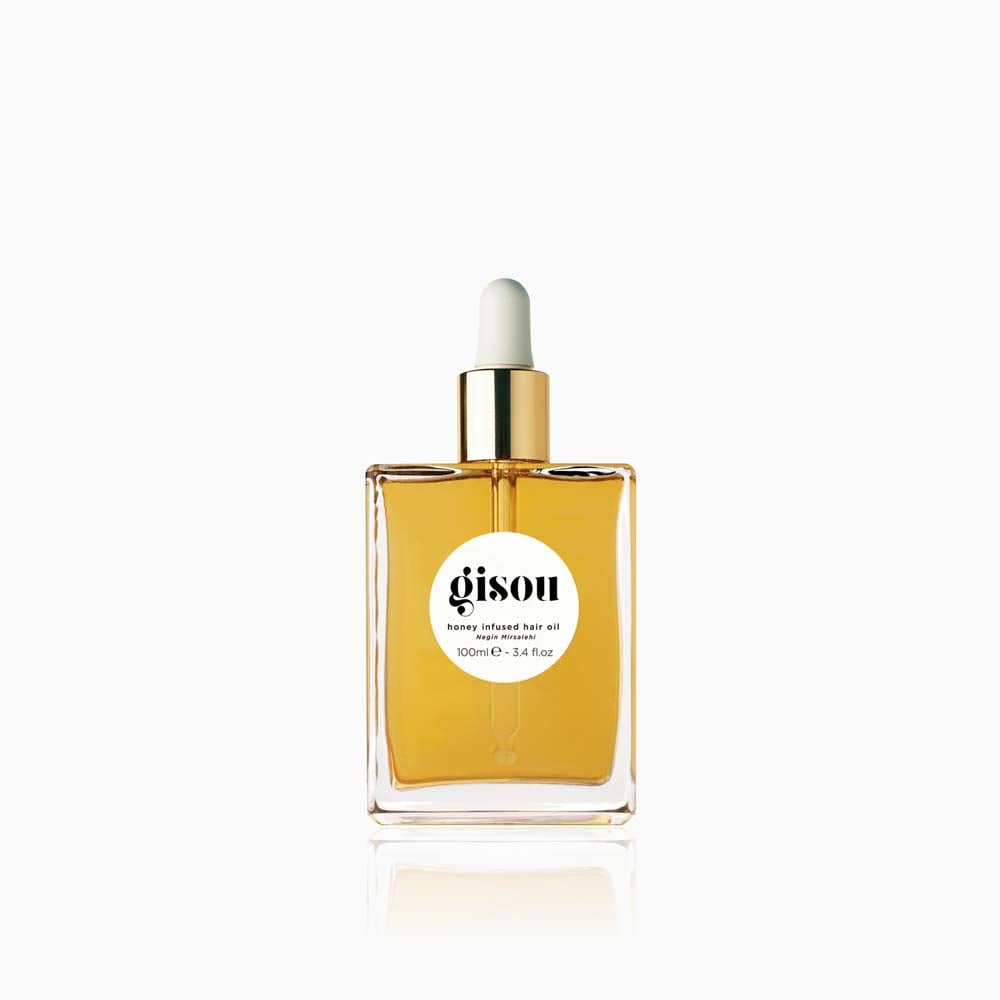Gisou Flower Seeds: How To Sow
At Gisou, we are passionate about our Mirsalehi honey bees. The Mirsalehi honey bees are at the core of who we are and what we do, and we strive to give to them as much as they give to us. Unfortunately, honey bee populations are in decline. But there are ways you can help.
As part of our Gisou Bees Project, which is an initiative to show our support of beekeeping efforts worldwide, we gift wildflower seeds to our Gisou Community at special moments during Bee Season to support the honey bees.
Follow the sowing instructions below, and support the honey bees with us!
Help Save the Honey Bees
By sowing Gisou Flower Seeds, you can help support the honey bees. Honey bees depend on wildflowers for nectar - their main source of food. Honey bees also pollinate the flowers they feed on. They transport pollen from plant to plant, which allows flowers to produce fertilized seeds to continue their lifecycle.
Now it’s your turn - help fight the negative effects of climate change and habitat destruction and enjoy the colorful and fragrant flowers as you support the full honey bee harvesting cycle.

How to sow Gisou Flower Seeds
Have you received Gisou Flower Seeds with your gisou.com order? For the best results, follow the sowing instructions below.
- Choose a sunny spot in your garden, on your terrace, or your rooftop. If you are sowing the seeds in your garden, make sure the area will not be mowed in the summer and avoid highly planted areas to avoid disturbing a natural ecosystem.
- Prepare the soil in a couple of pots or in an area in your garden to fill 4m². Remove any roots and existing vegetation, as any remaining plants will compete with the seeds for nutrients and sunlight. However, it is better to allow steady plants with flowers to continue to grow.
- Loosen the soil a bit with your hands or a rake.
- Disperse the Gisou flower seeds around the sowing area. Feel free to scatter more garden soil for extra nutrients.
- Cover the Gisou flower seeds with soil and gently pat down into the pots or the ground.
- Water the soil well. In case of dry weather, make sure to water the seeds more frequently.
- Keep a close eye on the seedlings as they grow. In case you see your old plants come up, remove them to give the seedlings a chance to grow.
Unfortunately, climate change and habitat destruction have decreased the diversity of flowers available to bees. Sowing a wide array of bee-friendly flowers and plants in gardens and on terraces is one way we can all help save the honey bees.
Honey Bee Wildflower Mix
Welcome honey bees to your garden, terrace, or rooftop with this diverse mix of wildflowers. Enjoy the colorful and fragrant flowers as you help save the honey bees.
FLORAL COMPOSITION
Phacelia, buckwheat, white mustard, coriander, alexandrian clover, incarnate clover, marigold, caraway, leaf radish, cornflower, cumin, dill, wild mallow, fennel, borage.
Flowers are vital to the existence of honey bees, as nectar is their main source of food. But honey bees not only need a flower-rich but a flower-diverse habitat as well to survive. Having a mix of plants that flower throughout the bee season ensures that honey bees have a continuous source of pollen and nectar.
This mix of Gisou flower seeds produces attractive flowers for honey bees throughout the summer!
















